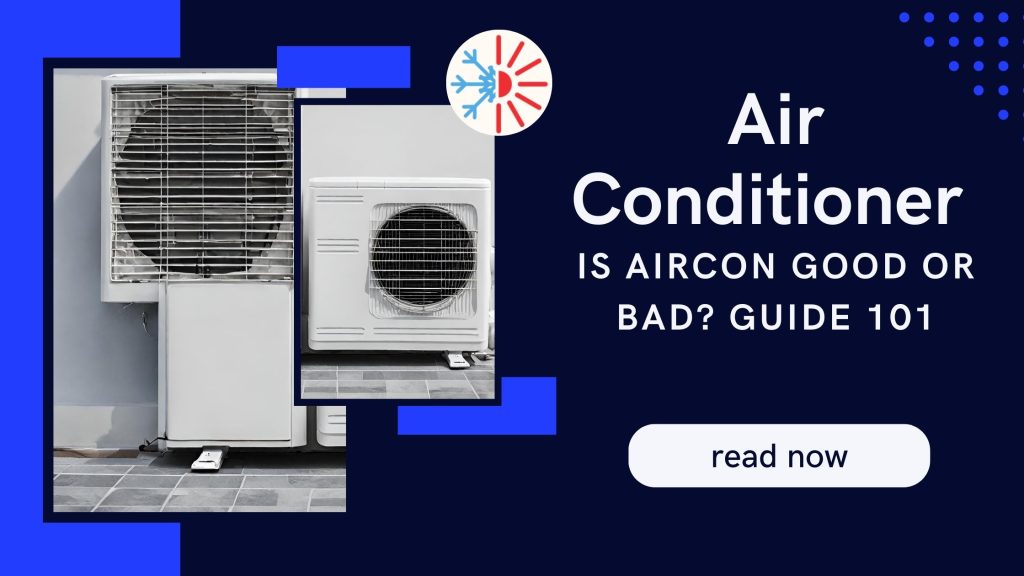When it comes to staying cool and comfortable during hot summer months, air conditioning systems have become a necessity for many households and businesses. While air conditioners provide relief from the sweltering heat, there has been ongoing debate about whether they are good or bad for various reasons.
The Benefits of Air Conditioning
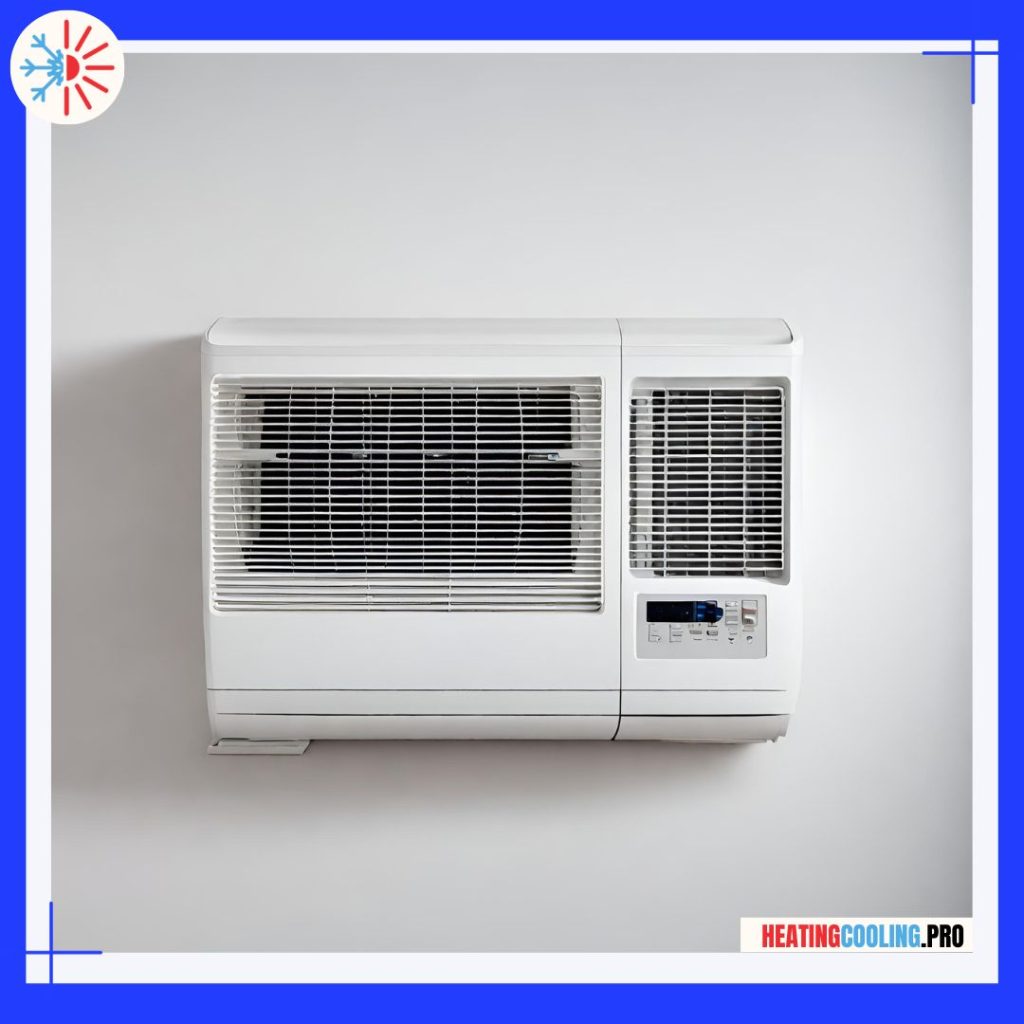
One of the primary advantages of air conditioning is its ability to regulate indoor temperature, creating a comfortable living or working environment. Air conditioners also help in reducing humidity levels, which can be particularly beneficial for individuals with respiratory issues or allergies. Furthermore, air conditioning promotes better sleep by maintaining a cool and comfortable atmosphere. It can enhance productivity and concentration levels, as extreme heat can cause fatigue and decreased cognitive function.
The Drawbacks of Air Conditioning
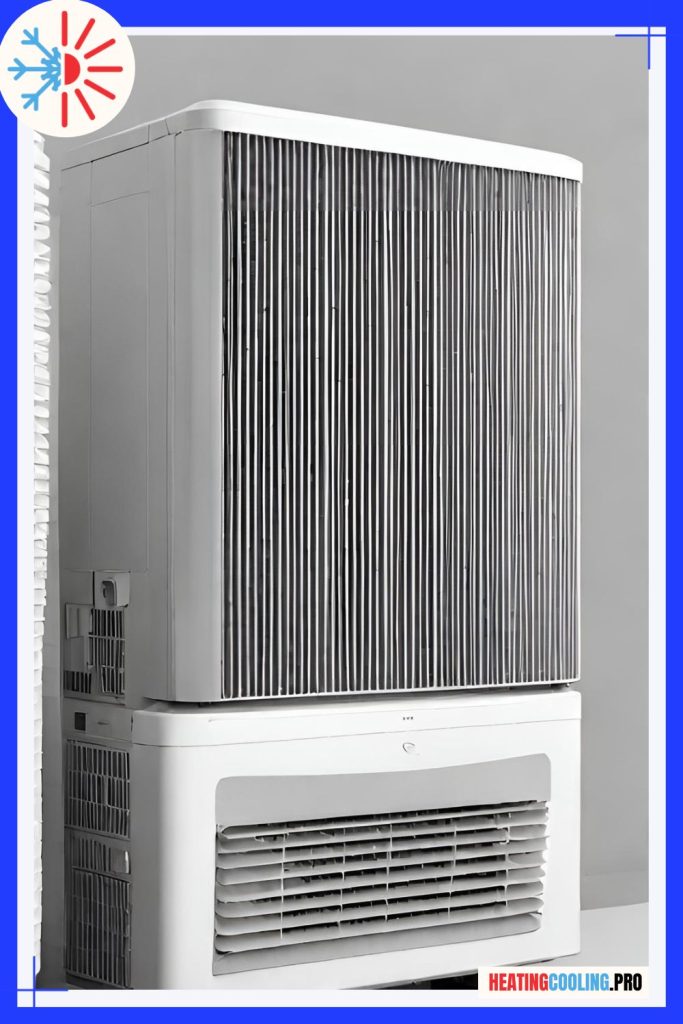
Despite the benefits, there are some potential drawbacks to consider. Air conditioners can contribute to higher energy consumption, leading to increased electricity bills and environmental impact. Additionally, prolonged exposure to air conditioning can cause dry skin, throat irritation, and respiratory problems in some individuals. Moreover, air conditioning systems require regular maintenance to ensure optimal performance and avoid the growth of mold and bacteria in the unit.
When it comes to creating a comfortable and healthy indoor environment, air conditioning plays a crucial role. While some may argue that air conditioning has its drawbacks, there are numerous benefits that cannot be ignored. In this section, we will explore the advantages of having an aircon system installed in your home or office.
- Improved Comfort
One of the primary benefits of air conditioning is the improved comfort it provides. Whether you live in a region with hot and humid summers or experience extreme temperatures, aircon helps regulate the indoor temperature, creating a pleasant and comfortable environment. Air conditioning systems are designed to cool down the air, reducing the discomfort caused by excessive heat. - Enhanced Indoor Air Quality
Air conditioning not only cools the air but also filters it, removing dust, pollen, and other airborne particles. This improves the indoor air quality, making it safer and healthier for everyone, especially those with respiratory conditions or allergies. Aircon systems also help in reducing the presence of bacteria, viruses, and mold, creating a cleaner and fresher environment. - Increased Productivity Studies have shown that working or living in a comfortable environment can significantly increase productivity. When the indoor temperature is too hot or too cold, it can be challenging to concentrate and perform tasks efficiently. Aircon allows for optimal temperature control, ensuring that employees can work comfortably and be more productive. This benefit extends to homes as well, as a comfortable environment promotes focus and productivity in day-to-day activities.
- Better Sleep Quality
Getting a good night’s sleep is essential for overall health and well-being. Air conditioning helps create a suitable sleeping environment by maintaining a cool and comfortable temperature. It also reduces humidity, which can be particularly beneficial for those living in humid climates. By ensuring a comfortable sleep environment, aircon contributes to better sleep quality, allowing individuals to wake up refreshed and rejuvenated. In conclusion, air conditioning offers a range of benefits that greatly enhance our daily lives. From improved comfort and enhanced indoor air quality to increased productivity and better sleep quality, the advantages of having an aircon system are undeniable. However, it is important to use air conditioning responsibly and maintain proper maintenance to maximize its benefits while minimizing any potential drawbacks.
The Drawbacks of Aircon
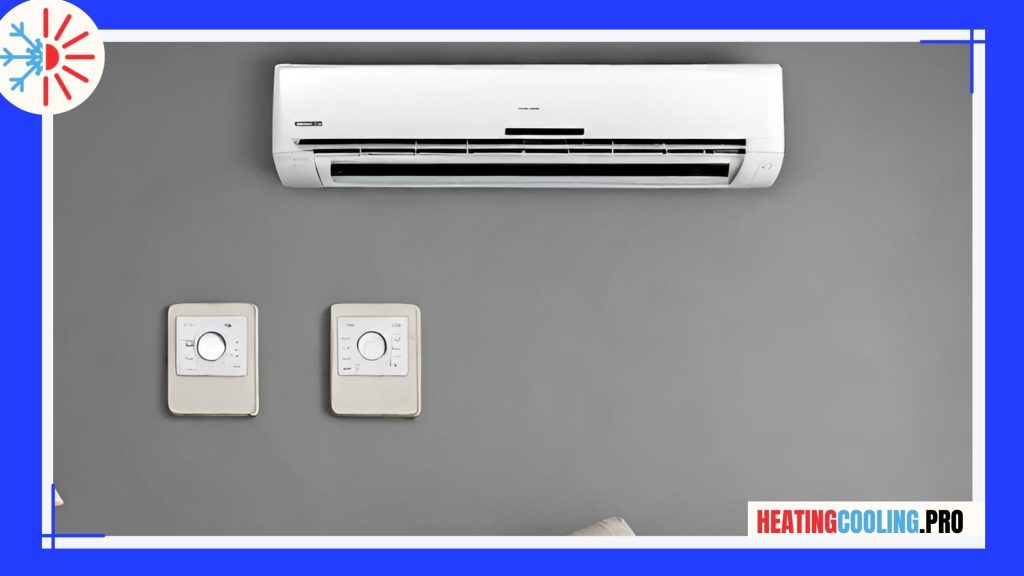
While air conditioning provides relief from hot and humid weather, it is important to consider its drawbacks. One of the major drawbacks of air conditioning is its high energy consumption. Air conditioners require a significant amount of electricity to operate, leading to increased energy bills. Additionally, the use of air conditioning contributes to the overall energy demand, which puts a strain on power grids and increases greenhouse gas emissions.
The environmental impact of air conditioning is another concern. Most air conditioning units rely on refrigerants known as hydrofluorocarbons (HFCs), which are potent greenhouse gases. When released into the atmosphere, these HFCs contribute to global warming and climate change. Furthermore, the manufacturing and disposal of air conditioning units also have an environmental footprint, while air conditioning provides comfort, it can also pose health risks. Spending prolonged periods in air-conditioned environments can lead to respiratory problems, such as dryness of the throat and nasal passages. Air conditioners can also circulate allergens, dust, and other pollutants, aggravating allergies and respiratory conditions. Additionally, sudden temperature changes between indoor and outdoor environments can strain the body and potentially lead to illnesses.
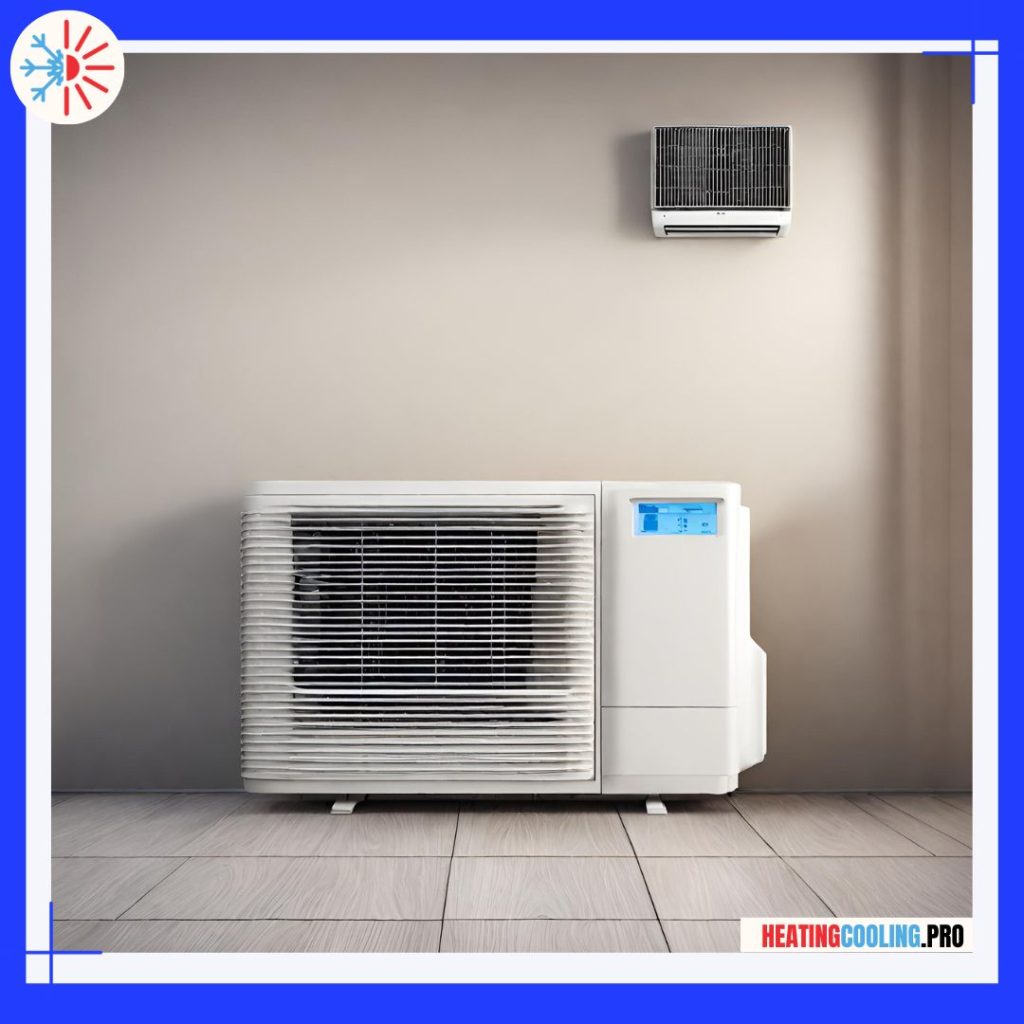
Another drawback of air conditioning is the drying effect it has on the skin and eyes. Air conditioners remove moisture from the air, which can cause dryness and irritation of the skin, eyes, and mucous membranes. Prolonged exposure to air conditioning can exacerbate pre-existing skin conditions and lead to discomfort. It is important to be aware of these drawbacks and take necessary precautions when using air conditioning. Finding a balance between comfort and minimizing the negative impacts is crucial for both our well-being and the environment. Tips for Using Aircon Wisely
Tips for Using Aircon Wisely
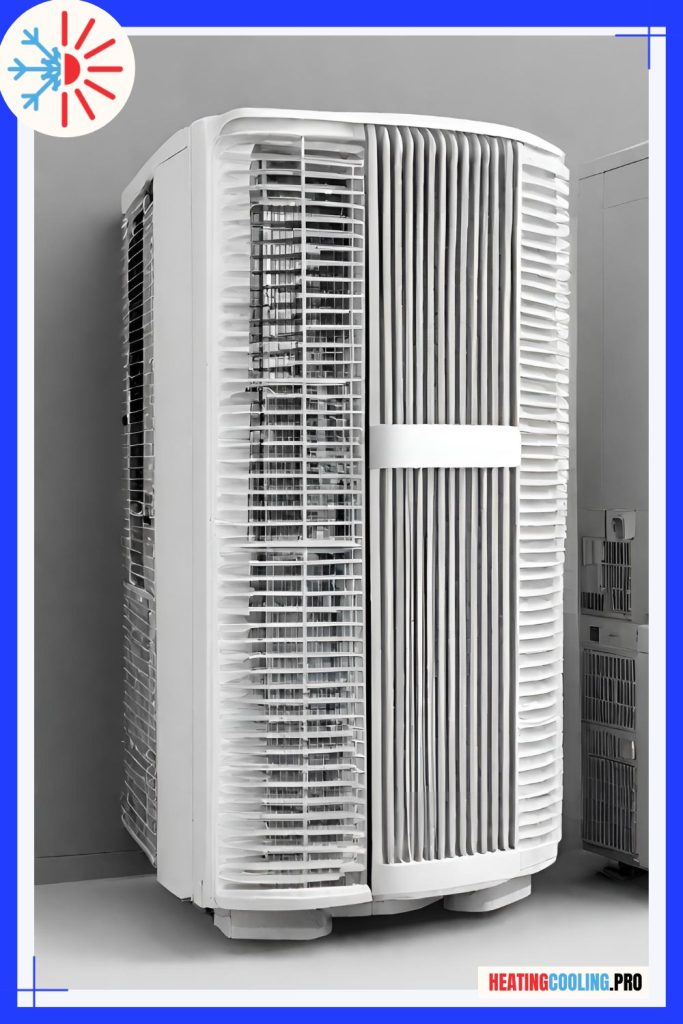
Using your aircon wisely can help you save energy, reduce your carbon footprint, and lower your electricity bills. Here are some tips to help you make the most out of your aircon system:
- Set the Temperature Wisely
Setting the temperature of your aircon system can have a significant impact on energy consumption. It is recommended to set your thermostat at a comfortable temperature, typically between 24-26 degrees Celsius. Avoid setting it too low, as each degree cooler can increase energy consumption by 3-5%. - Use Energy-Saving Features
Modern aircon systems come with energy-saving features that can help reduce energy consumption. Take advantage of features such as sleep mode, eco mode, or timer settings to optimize energy usage. These features can automatically adjust the temperature or turn off the aircon when not needed, saving both energy and money. - Maintain Your Aircon System
Regular maintenance is essential to ensure your aircon system operates efficiently. Clean or replace air filters regularly to improve air circulation and prevent dust buildup. Keep the outdoor unit free from debris and vegetation to ensure proper airflow. Additionally, schedule professional maintenance checks at least once a year to identify and fix any issues that may affect the system’s efficiency. - Utilize Natural Ventilation
When the weather allows, take advantage of natural ventilation to cool your space instead of relying solely on the aircon. Open windows and doors to let fresh air in, and use ceiling fans or portable fans to circulate the air. This will reduce the need for air conditioning and provide a more sustainable cooling solution. By following these tips, you can use your aircon system wisely and minimize its impact on both the environment and your wallet. Remember, small changes in your aircon usage habits can make a significant difference in energy consumption and sustainability.
Conclusion
In conclusion, the air conditioner, or aircon, has both benefits and drawbacks. It is a valuable appliance that provides comfort and relief during hot summer months. The ability to control and maintain a desired temperature in our homes and workplaces is undoubtedly a positive aspect of air conditioning. Additionally, aircon helps to improve indoor air quality by filtering out pollutants and allergens, contributing to a healthier living environment. However, it is important to use air conditioning responsibly and consider its environmental impact. The energy consumption of aircon units contributes to greenhouse gas emissions and climate change.
Conclusion
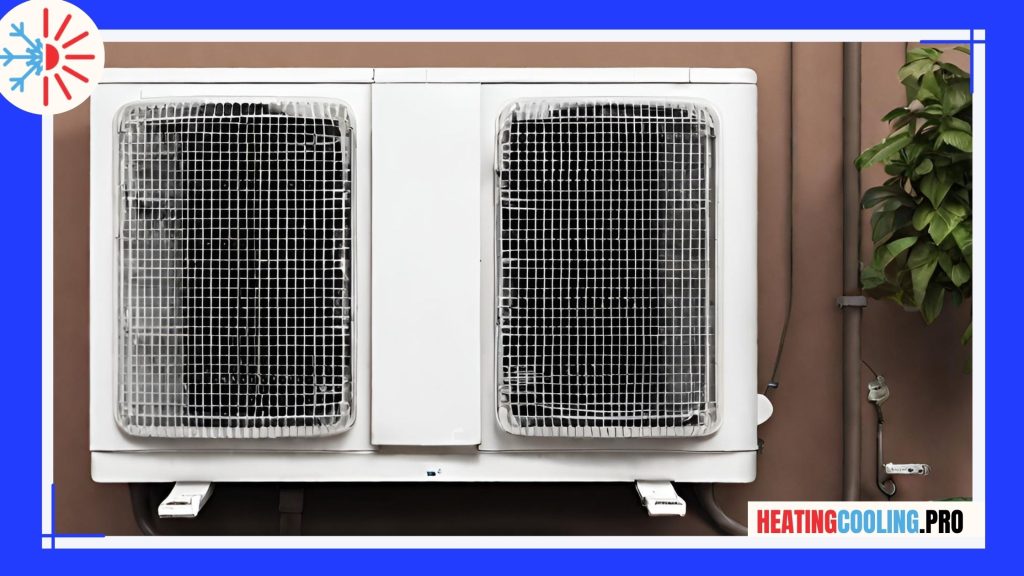
The air conditioner, or aircon, has both benefits and drawbacks. It is a valuable appliance that provides comfort and relief during hot summer months. The ability to control and maintain a desired temperature in our homes and workplaces is undoubtedly a positive aspect of air conditioning. Additionally, aircon helps to improve indoor air quality by filtering out pollutants and allergens, contributing to a healthier living environment. However, it is important to use air conditioning responsibly and consider its environmental impact. The energy consumption of aircon units contributes to greenhouse gas emissions and climate change.
Therefore, it is crucial to use energy-efficient models and regulate the usage of air conditioning to reduce our carbon footprint. Another consideration is the potential health effects of air conditioning. While it can provide relief from heat-related illnesses, prolonged exposure to air conditioning can lead to dry skin, respiratory issues, and exacerbate existing conditions such as allergies and asthma.
It is essential to maintain proper humidity levels and ensure adequate ventilation to mitigate these risks. Ultimately, whether aircon is good or bad depends on how it is used. By being mindful of energy consumption, environmental impact, and health considerations, we can harness the benefits of air conditioning while minimizing its negative effects. Taking a balanced approach and using air conditioning as a tool for comfort and well-being can help us enjoy its advantages while being responsible stewards of our planet and our health.
